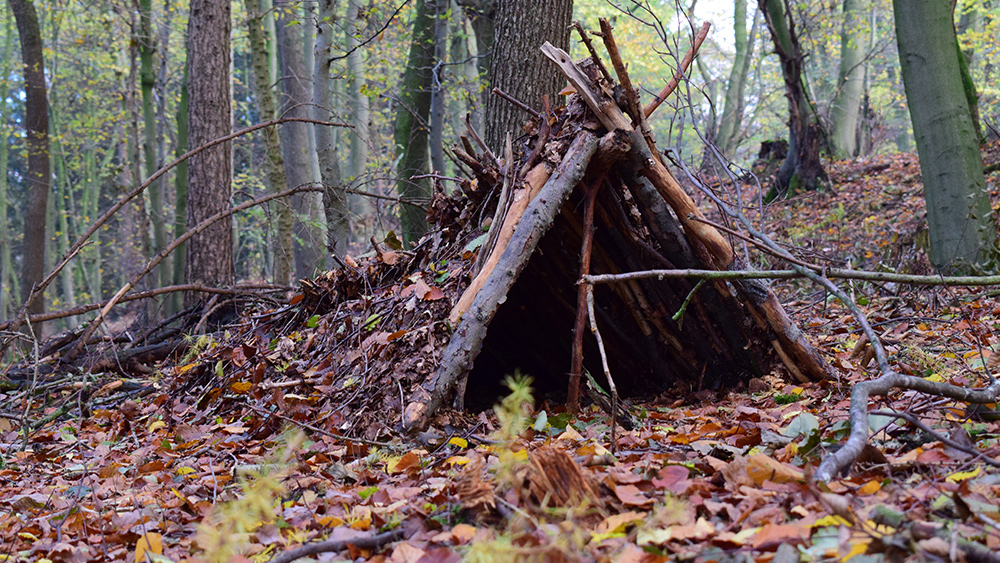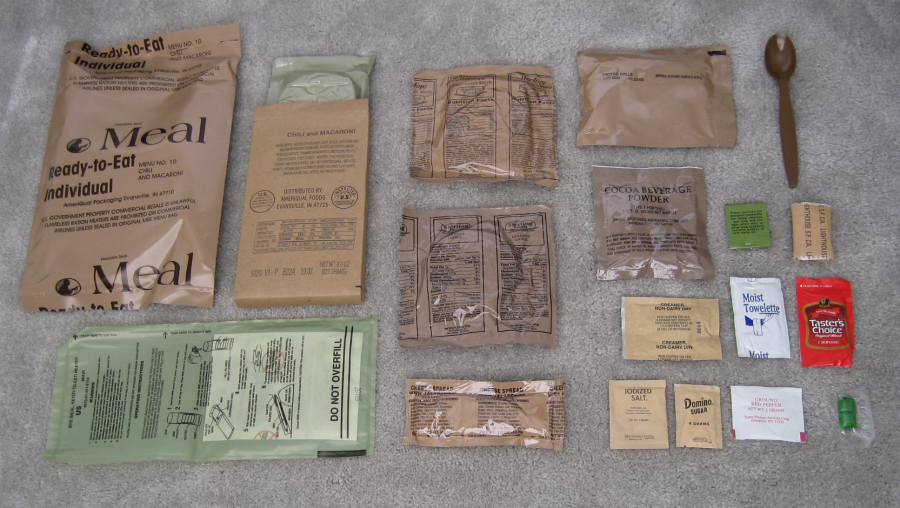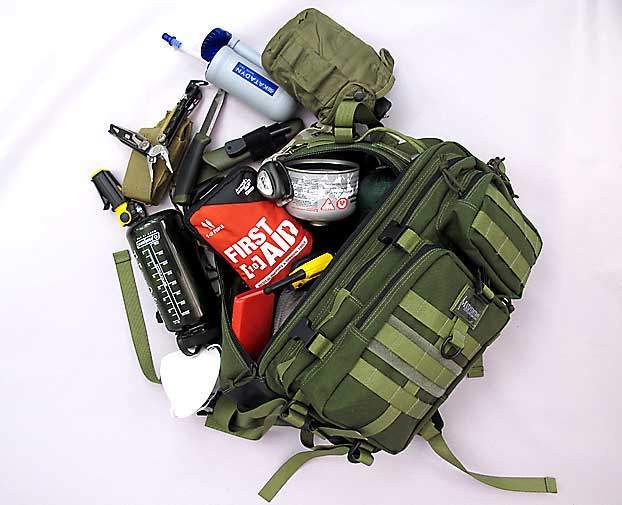Bug out survival planning: Things to consider before relocating when SHTF
04/14/2021 / By Virgilio Marin

Bugging out when SHTF takes a lot of preparation. While it’s easy to pick a place and bug out the moment disaster strikes, the truth is that you must be strategic and allot a ton of resources, be that money, time or whatnot. Here are some things you must consider before relocating when SHTF: (h/t to BeansBulletsBandagesAndYou.com)
Is bugging out the best for you?
Before deciding to bug out, you must ask yourself if you live in the path of danger, have the means to follow through with your bug-out plan and are willing to endure the conditions of living off the grid.
There are several reasons why you should bug out. If you live in the city or suburbs, your best chance at survival is bugging out. Urban communities usually bear the worst effects of SHTF, primarily because they’re heavily dependent on the power grid, water treatment plants, transportation lines and the like. Dense and populous, they’re also a host to riots, looting and civil unrest. In the city, you are clearly in the path of danger.
But if you’re living in the country, particularly somewhere off the grid, then there’s little reason to leave a place that’s already ideal for survival. Of course, you must first assess the disasters that usually hit your location. Are hurricanes rampant? Is there an active volcano to be wary of? A forest that often catches fire? If these disasters pose a great threat to you and your family, then you should reconsider relocating.
You should consider if you have the resources to hatch the great bug-out plan. You need to allot big bucks to build a solid bug-out home, make your vehicle SHTF-proof and put together bug-out bags (BOBs) containing all survival must-haves. The good news is that you can always save up. Consider eliminating unnecessary expenses and use the money you saved to fund your survival plan. You can gradually build your bug-out place while keeping your daily expenses covered.
Another important consideration is if you’re to willing to live off the grid. The best bug-out locations are usually off the map. You’ll be cut off mostly from the rest of the world and have to find your own way of generating power and purifying water. If you’re unwilling to embrace this lifestyle or has a job holding you back, then you should think twice before bugging out. (Related: The best bug-out locations for preppers in the Eastern U.S..)
Full or partial relocation?
If you’ve made the decision to bug-out, decide next whether to permanently stay in your new place or move back when things get better. Each benefits you in many ways. If you stay permanently, you can ditch your old house, save up and avoid having to move back and forth whenever SHTF. As you adapt to your new location, you can also start building a homestead and learn to become more self-sufficient.
On the other hand, partial relocation allows you to keep your original home. That may be important for many people, especially if they need to be closer to work or their children’s school. Bugging out temporarily also gives you more time to do other things, as maintaining a homestead usually takes a lot of work.
Either way, bugging out is a good option for both urban and country dwellers who are happy to live off-the-grid. Prepare your bug-out plan now and be sure to secure all the necessary items needed to relocate safely, like a bug-out vehicle and BOBs.
Sources include:
Tagged Under: bug out, homesteading, how-to, off grid, Off-the-grid living, preparedness, prepper, prepping, self sufficiency, self-defense, SHTF, survival, survival planning, survivalist
Get independent news alerts on natural cures, food lab tests, cannabis medicine, science, robotics, drones, privacy and more from NewsTarget.com
Get independent news alerts on natural cures, food lab tests, cannabis medicine, science, robotics, drones, privacy and more from NewsTarget.com
RECENT NEWS & ARTICLES
SHTF.News is a fact-based public education website published by SHTF News Features, LLC.
All content copyright © 2018 by SHTF News Features, LLC.
Contact Us with Tips or Corrections
All trademarks, registered trademarks and servicemarks mentioned on this site are the property of their respective owners.





















